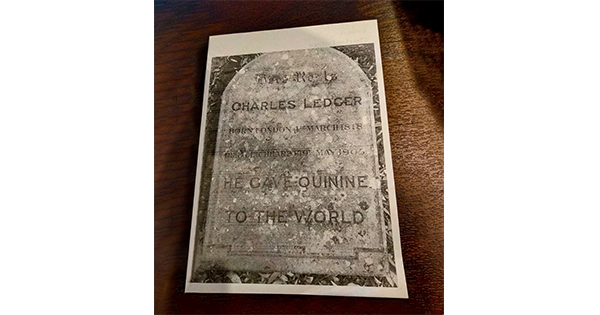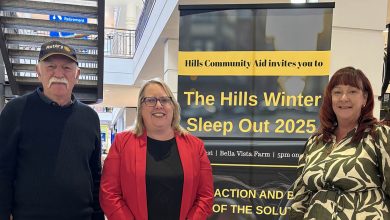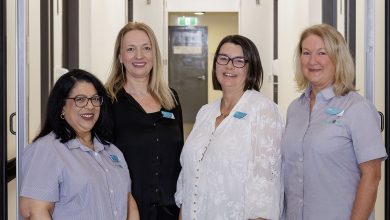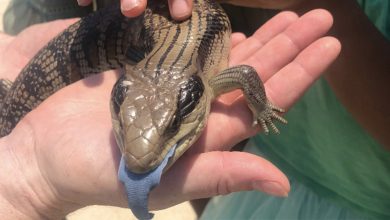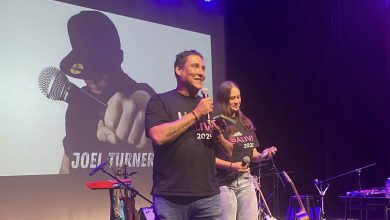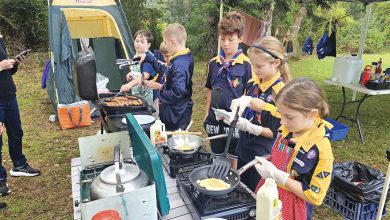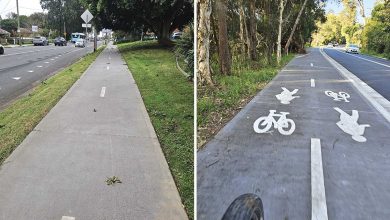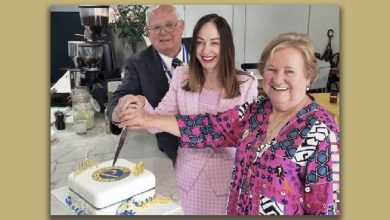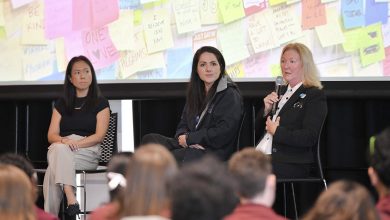Alpacas, Quinine & a Titanic Burial
On a recent visit to Rookwood Cemetery, I spoke to Mark Bundy, General Manager of Operations.
I had met Mark previously when he had given a talk at a recent Parramatta Probus Club meeting and I recognised him whilst attending a Hills Friendship Club outing at Rookwood, more recently.
I asked Mark if he could provide me with some interesting anecdotes for use in this publication which he kindly offered to do. To use Mark’s words “he would be the last person to let anyone down”, being a grave digger or as he is now known as a “Burial Technician”.
Mark has now provided me with some very interesting information regarding two people, amongst the millions buried at Rookwood, leading me to conduct a little further research into the two.
Now we have all heard of the health benefits of quinine but did you know of its links to Australia? Charles Ledger who died in 1905 at Leichhardt was responsible for the discovery of quinine and, through his efforts, it became a world-wide effective health remedy.
Charles was a character who took chances. Born in 1818 at Bucklesbury, London he travelled to Peru where he gained employment as a clerk in a British Merchants Office in Lima. Whilst out one day, he rescued a drowning native, Manuel Incra Manami.
As thanks Manuel offered his services to become his servant and, in 1865, started to obtain seeds of the cinchona trees for Charles. The export of these seeds was forbidden by the countries of South America, but Charles had secretly sent seeds to his brother in London.
The Dutch government purchased some of the seeds, whilst others had been sent to India and Queensland. Whilst those planted in Queensland did not fare well, those planted in India and in the Dutch East Indies were grown successfully and spread rapidly.
The bark on the Cinchona is where quinine is produced. As well as its medicinal properties, it is also used as a flavour component of tonic water and bitter lemon drink mixers and is a popular mixer with gin creating the gin and tonic cocktail.
Charles Ledger’s servant Manuel was arrested whilst on a seed hunting trip in 1871 and beaten so badly that he died shortly afterwards. Charles then ceased to collect any more seeds however he provided money to Manuel’s family.
Charles Ledger was also responsible for the importation of Alpacas into Australia in 1859 when he brought several hundred of the animals to Sydney. How he managed to export them from South America I do not know as the export of Alpacas, like the export of Cinchona seeds from South America was forbidden. Charles Ledger received £15,000 for the Alpacas he had imported into Sydney.
In 1884 Charles Ledger moved to a farm around 39kms from Goulburn NSW. He lost his fortune in bank failures in the early 1890s. However, the Dutch government granted an annuity of £100 a year in 1897. He died in 1905 at Leichhardt and was buried at Rookwood.
Mark Bundy also mentioned to me that there is a link between Rookwood and the sinking of the Titanic. One of the crews on that ill-fated maiden voyage of the Titanic in April 1912 was a stoker named William John Murdoch (also recorded on some records as “Murdock”).
From my investigation into Murdoch’s rescue, there are conflicting stories and questions about how he survived as he would have been below decks working as a stoker when the ship hit the iceberg. However, he did survive and continued working on ships.
He and his family migrated to Australia where he worked on coastal ships between Sydney and Newcastle. Murdoch passed away in 1941 and is also buried at Rookwood.
